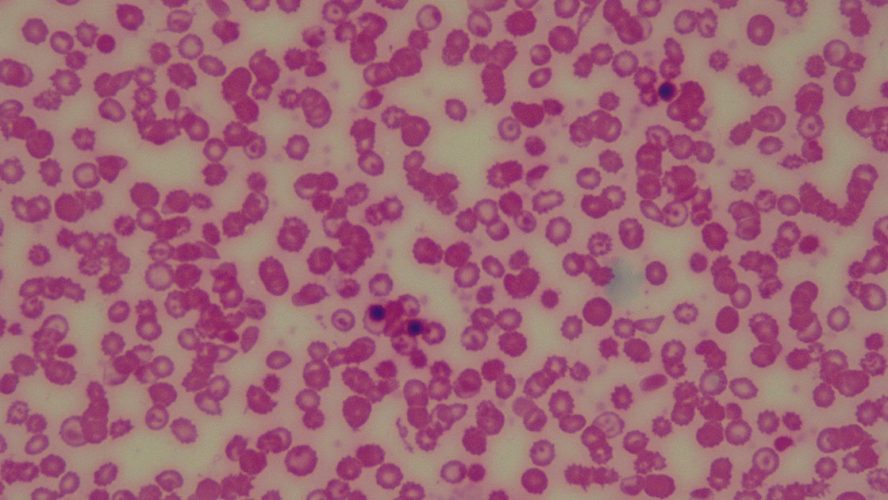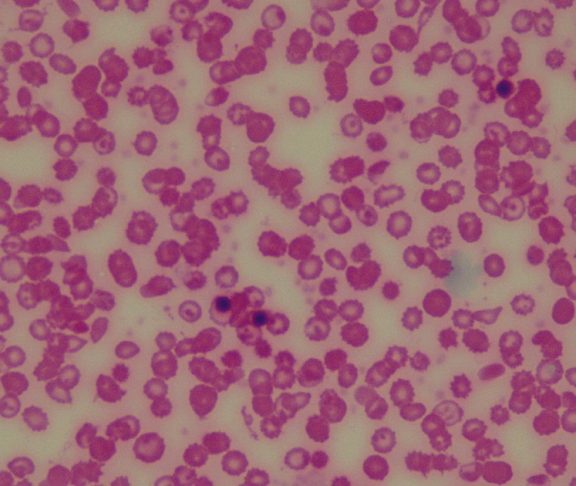Sickle cell disease (SCD), the most common inherited blood disorder, affects an estimated 100,000 Americans. It’s a painful lifelong disease but clinical trials may help develop new treatments and even find a cure.
SCD is marked by abnormal hemoglobin protein inside red blood cells, causing those cells to be rigid and “C” shaped, like a sickle. These sickle cells can block blood flow to organs and cause severe pain and complications, including organ damage and stroke. In the United States, it’s most common among African American and Hispanic people, but it can occur in other racial and ethnic groups.
Clinical Trials
While there is no cure, currently there are three U.S. Food and Drug Administration (FDA)-approved drugs. More than 40 therapeutics are in development to treat or cure SCD. Those new treatments will need to be tested and approved by the FDA for patient use in the United States. That means there will be increased need for individuals with SCD to participate in clinical trials.
In 2018, the American Society of Hematology established the ASH RC, which launched the SCD Clinical Trials Network (CTN) to expedite the development of new therapies and facilitate clinical trial research innovations.
“We are entering a new age in SCD research,” says Chuck Chesson, PhD, the director of ASH RC SCD CTN. “We are all excited to be a part of finding better treatments for those living with sickle cell disease.”
Patient-centered approach
While clinical trials are important for advancing treatments, in the past there have been challenges in enrolling enough patients with SCD.
“We are really focused on building a research community within the sickle cell population,” says LaTasha Lee, PhD, MPH, senior manager of partnership engagement for the SCD CTN.
Patients and the community don’t always realize all medicines need clinical trials to test efficacy and safety so the CTN is focused on educating the SCD community about clinical trials. The organization has hosted many in-person community engagement workshops across the country with members of the sickle cell community.
This patient-centered approach is helping patients and their families understand the clinical trials process and ask questions comfortably. In turn, the ASH RC team learns the priorities and concerns of patients, such as managing fatigue and pain, and logistics for participating in clinical trials, such as transportation, childcare, and parking. The ASH RC CTN staff pass those recommendations along to the organizations conducting the clinical trials to advance the research that meets the needs of the SCD Community.
At the workshop, a common theme shared by participants is one of altruism; many
in the community believe that participation in clinical trials is not simply a
benefit to themselves but potentially for the next generation of individuals
battling this devasting disease.
“If not you, then who?” a SCD Community Workshop attendee shared. “If no one stands up to participate in clinical trials, we won’t have any advancements in the field.”

